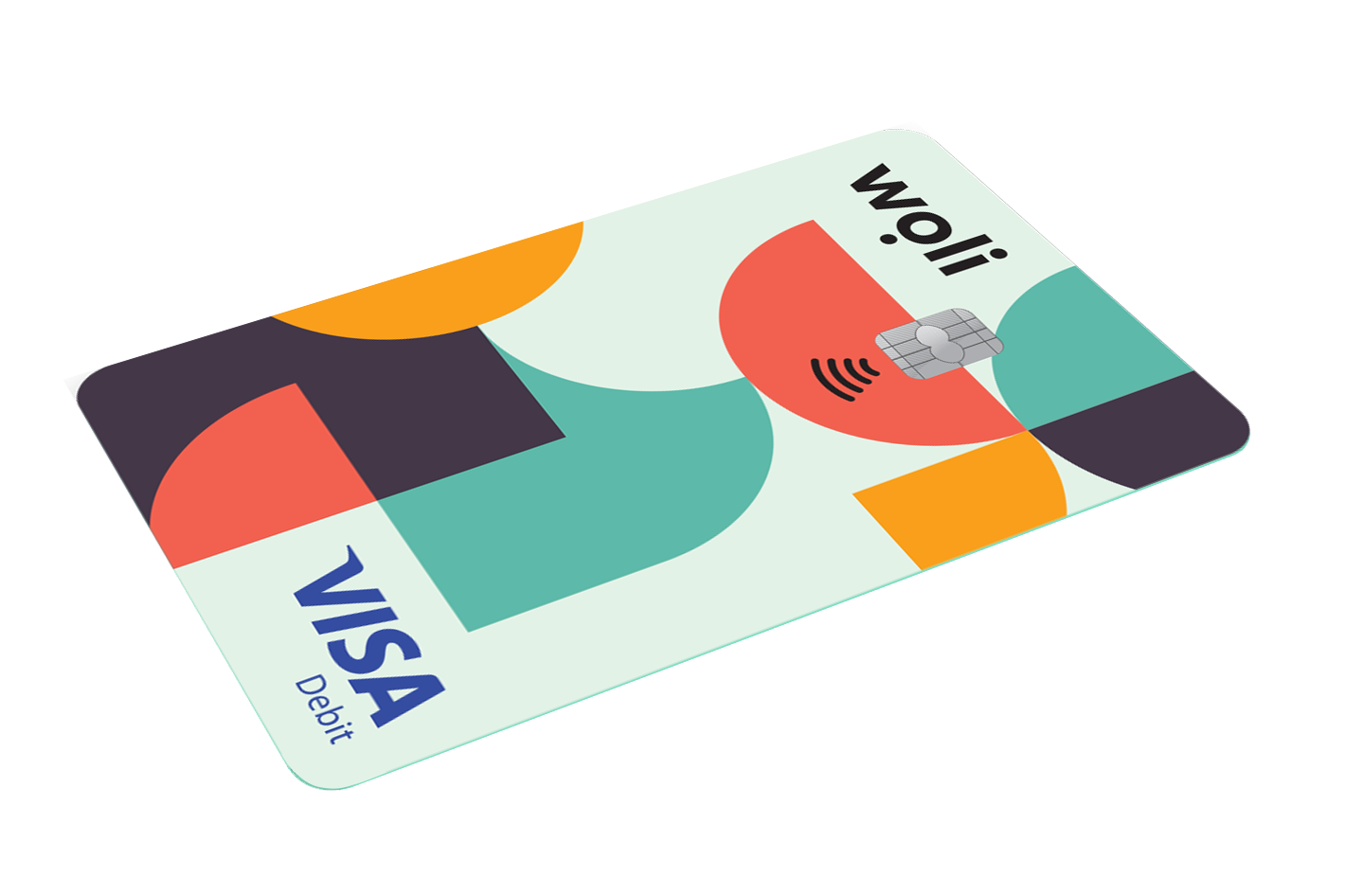From the moment our children learn the value of money, they enter into a negotiating relationship with us. They ask us for money to satisfy their needs and desires. As they grow older, their wants and needs also grow with them. They are asking us for pocket money to manage their expenses without our direct control, claiming more and more autonomy.
The role of parents in getting children to develop healthy consumption habits is crucial. Helping our children to cultivate a responsible approach to their spending is an extremely important financial skill that will follow them after they reach adulthood. How could this be done? Here are a few tips:
- Discuss about price vs value. In a free market many similar products are sold at different prices. Help your children understand through conversation and own experiences the value for money and how to recognize it.
- Reduce impulsive purchases, yours and those of your children. Talk to the children about the purchases they have made and why they decided to make them. Talk to them about how important it is to have a goal before making a purchase.
- Let the children know that they can run out of money. Sometimes the most important lessons in life come the hard way. If we let our children spend their pocket money on anything they want, the most likely thing is that soon they will not have money for something they will want more or even need. If you see that your child spends recklessly with his Woli card, take the opportunity to discuss with him about healthy and functional consumption habits.
Through the above procedures and your important guidance, as well as the useful practices presented in the Woli Academy training module on spending, children will learn to develop good habits in managing their money, thus enhancing their financial well-being.






